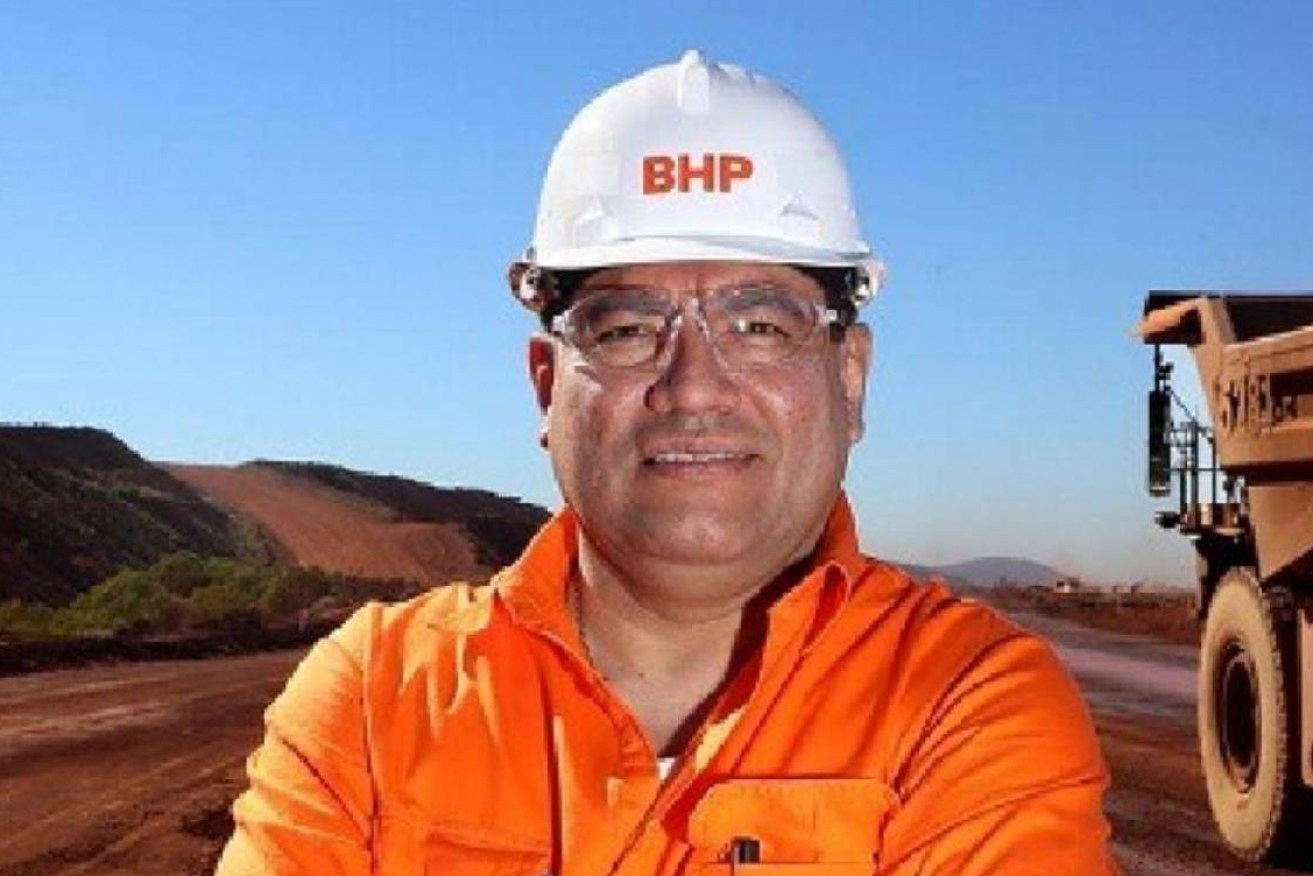Japan’s attack on coal royalties the ‘tip of the iceberg’ says BHP
Mining giant BHP has stepped up its attack on the Palaszczuk Government’s new royalty regime calling it the antithesis of good policy that would mean companies would no longer invest in the state.


BHP Minerals Australia president Edgar Basto. (Image: supplied)
BHP’s president of its Minerals Australia division Edgar Basto said the royalties regime, which will bring in an estimated $1.2 billion of extra funds over four years for the State Government, was a “backward step and damages Queensland’s and Australia’s reputation as a place to invest”.
A major concern for the industry was that if current high prices were maintained then billions more would flow out of corporate coffers and into those of Treasury and that would have a serious impact on earnings and the industry’s ability to cope during prolonged periods of low prices.
“The Queensland Government’s decision to impose a new tax on some of the state’s biggest employers without consultation is the antithesis of considered policy in Queensland’s interest or the national interest,” Basto said.
“The deep concern voiced by Japan’s Ambassador to Australia was striking, and likely just the tip of the iceberg.”
That comment relates to a speech made by Japanese Ambassador Shingo Yamagumi in which he said the trust and goodwill built by Japanese businesses in Queensland would be damaged.
“I fear this may have widespread effects on Japanese investment beyond the coal industry,” Yamagumi said.
Basto said BHP had heard similar concerns from BHP’s project partners, industry peers, investors, customers and suppliers, “as well as Central Queensland communities where the impact will be most acute”.
“Investment decisions about future developments and operations are made many years in advance, and are heavily influenced by investment certainty – or the lack of it. So while the impact may not be felt for a few years, it will come as companies and investors look to invest capital elsewhere in Australia or overseas,” he said.
“That will mean less development, less local spending, less innovation, less training, and fewer jobs.
“Australia is in a good position to refresh and recharge its economy. We have navigated COVID-19 better than most nations and have a relatively strong foundation to build on.
“As a nation, we need collaborative leadership and national cooperation between governments, industries, communities and representative groups to put the right settings in place and tackle our most pressing challenges to economic growth.
“That means working together to diversify our economic base, modernise our skill sets and invest in regional communities, and at the same time address national skills shortages, training and education pathways, uncompetitive fiscal settings, falling productivity and rising costs.
“This will only happen if we think and plan in decades – well beyond the electoral cycle or the next annual results – and come together in the spirit of true collaboration to move forward in the national interest.”
The comments reflect broad sentiment in the mining industry following the new royalty rates which bring in new tiers for the increase in royalties to capture higher prices which have reached record levels in recent months.
The State Government declined to comment on Basto’s claims.












